Newsletter
Issue 4 Winter 2006

|
Newsletter |
 |
|
LANCET
ACCEPTS CRASH-2 PROTOCOL
|
|
|
Thanks
to hard work by CRASH-2 trial collaborators all around the world, we have
now randomised 1,000 patients. This is a tremendous achievement. The CRASH-2
trial already provides ten times more randomised evidence than all previous
trials of anti-fibrinolytic agents in trauma patients. The trial collaborators
have shown that it is possible to conduct large scale randomised controlled
trials in trauma patients that answer important clinical questions. The
CRASH-2 trial question is important for two reasons. First, there is the possibility that tranexamic acid, which is cheap and easy to use, might reduce mortality in trauma patients. Second, there is the possibility that tranexamic acid might reduce the need for a blood transfusion. In all countries blood transfusion puts patients at risk of adverse transfusion reactions, and in many transfusion puts patients at risk of HIV, Hepatitis B and C and other serious blood borne infections. Here is a letter of support we recently received from the WHO Blood Transfusion Safety Team. Please show this letter to the head of blood transfusion at your hospital since it is essential that they understand the importance of the trial and that they help you as much as they can. The importance of the CRASH-2 trial has also been recognised by The Lancet. Last year we sent the CRASH-2 trial protocol to the Lancet for external peer review. The protocol was accepted by the Lancet and can be viewed here. This is what the external reviewers said about the trial: Reviewer 1: It will probably not be a surprise for you, but I like the study design of CRASH-2 very much. The study addresses a relevant question, will include a sufficiently large number of patients, and looks for clinically relevant outcomes. Reviewer 2: In my opinion, the protocol CRASH-2 is very well planned, feasible, and suitable for giving useful information on trauma management. I also think that the results of this study would concern all medical specialists involved in trauma care and consequently would be probably worth publication in a general clinical journal like Lancet. Reviewer 3: Although I would argue that a trial of this magnitude should only proceed following a pilot study that confirmed the likely baseline mortality rate, the trial’s feasibility, an estimate of the likely treatment effect and that the study treatment was safe in this population, it seems highly likely that the trial will be completed. If completed the trial should be published in a widely read general medical journal. Trauma patients are treated by clinicians from many specialty groups, and publication in a specialty journal would likely mean that other interested clinicians would be unaware of the study results. Reviewer 4: What can be said about this protocol? They have already obtained an EudraCT number. They have Sir Richard Peto in their Steering Committee. The investigators have addressed the issue of financial support of the trial. Moreover, they are on the “leading edge” by acknowledging that CRASH-2 collaborators are key to the trial’s success and, as such, will be authors on the main publications derived from the trial.
|
| recruitment by country |
|
|
|
48 hospitals in 15 countries are now actively recruiting patients. Another 52 hospitals have ethics approval and are getting ready to start. Special thanks to the highest recruiting teams (for other achievements see the back page):
|
|
what in the world
is going on? |
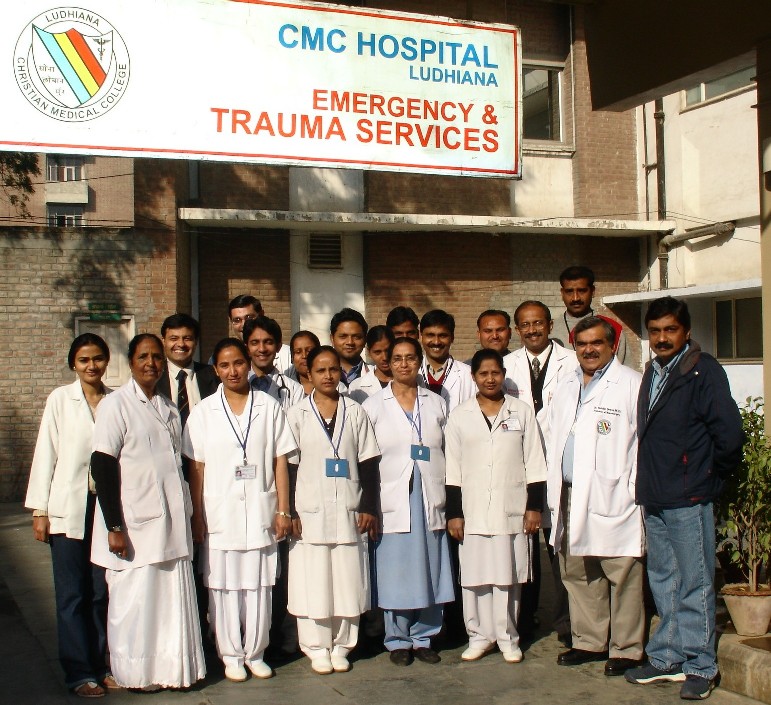 |
| Christian
Medical College & Hospital, Ludhiana India, is proud to be one of the
participating centers for the CRASH-2 trial. As all the documentation and
procedures are straightforward and simple, we really do not waste any extra
time in carrying out the study. We were pleasantly surprised to know from
the CRASH-2 Co-coordinating Centre that we are one of the top recruiters
for the trial in India; credit goes to the whole team, my colleagues from
neurosurgery, general surgery, orthopaedic surgery, junior doctors and nursing
staff of Trauma Centre. Ian, thanks for your encouragement! Yashbir Dewan, Christian Medical College, India |
|
|
| It
is of our great honour that our team in Fukuoka University Hospital is participating
in this large international clinical trial. The emergency department is
playing one of the most important roles in this hospital, located in the
South-Western part of Fukuoka city with 1.3 million population. The representative
doctor, Akira Murai, is leading the staff to find suitable patients, receive
a consent, and give the treatment in our emergency rooms day by day. Join
with us in this invaluable study which we hope will result in a gift for
human beings. Masayoshi Abe, National Coordinator, Japan |
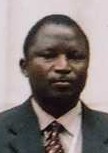 |
| Nigeria,
a West African country, is the most populous black nation in the world with
a population of about 130 million. Due to various instabilities in the politics
and policies the health system is grossly under funded and under equipped.
Few hospitals in the country participated in the last CRASH study but this
time efforts are being made to involve as many hospitals as possible and
also to have a good spread in the country. Nigeria was among the first nations
to start recruiting for the CRASH2 study. However, the progress has not
been encouraging due to some factors, including incessant strike actions
in the government services, hospitals in particular, lack of laid down research
rules in many centres, no definite trauma department with permanent staff
in majority of the centres, and infrequent and epileptic power supply with
limited access to the internet. We hope that situations will improve in
the country to facilitate more cooperation with the collaborators who have
indicated their interest to participate in the study. Edward Komolafe, National Co-ordinator, Nigeria |
| Interested
in trials? Then you’re also interested in Cochrane systematic reviews! Every trial begins and ends with a systematic review. The MRC CRASH trial was initiated after a Cochrane review highlighted the absence of evidence for the effectiveness of The use of corticosteroids in traumatic brain injury. The completion of the trial and incorporation of the findings into the systematic review now means that we have evidence, in this case evidence of the ineffectiveness of corticosteroids. Similarly, the CRASH-2 is motivated by the need for evidence on the effectiveness of anti-fibrinolytics in trauma patients, again highlighted by a Cochrane review. |
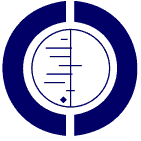 |
|
These systematic reviews (‘Corticosteroids for acute traumatic brain injury’ and ‘Anti-fibrinolytic agents for acute traumatic injury’) are just two out of the 66 completed reviews published by the Cochrane Injuries Group (CIG). The CIG is one of 50 groups based throughout the world working within the Cochrane Collaboration, an international non-profit independent organisation dedicated to making up-to-date accurate information about the effects of healthcare readily available worldwide. PRIMARY
FUNCTION OF THE CIG REVIEWS |
|
|
CONTRIBUTIONS
WELCOMED For further information on the CIG and its reviews, visit www.cochrane-injuries.lshtm.ac.uk or email the co-ordinator Katharine Ker. |
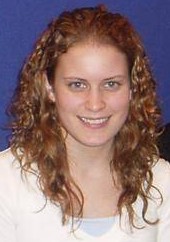 |
|
congratulations to recruiters with highest monthly average A fantastic 22.1 patients per month have been randomised in Mataria Teaching Hospital in Egypt by Hussein Khamis and his team. Hospital Universitario San Vicente de Paul in Colombia have randomised on average 12.4 patients per month by Carlos Morales and team. Both outstanding achievements! |
| well done new randomisers | |
|
Albania Belgium Colombia Ecuador Egypt Georgia India Italy Japan Nigeria Saudi
Arabia Thailand UK |
| welcome to new sites with ethics approval | |
|
Team from University of Maiduguri Teaching Hospital, Nigeria, with PI Abubakar Muhammad Musa, who obtained ethics approval in December. |
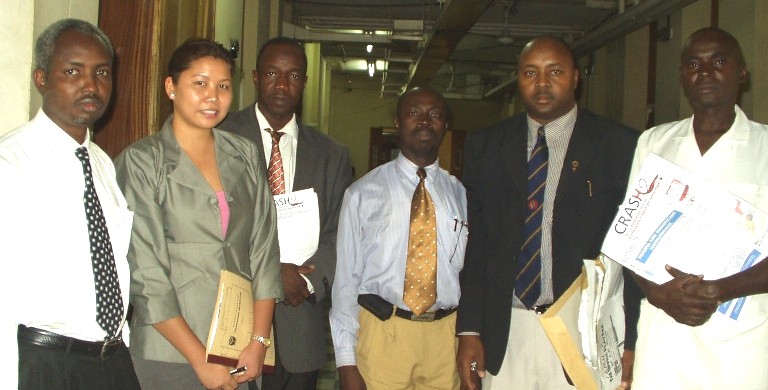 |
|
AUSTRALIA BELGIUM CANADA CHINA COLOMBIA CZECH
REPUBLIC INDIA ITALY MEXICO NIGERIA SAUDI
ARABIA THAILAND UNITED
KINGDOM |
|